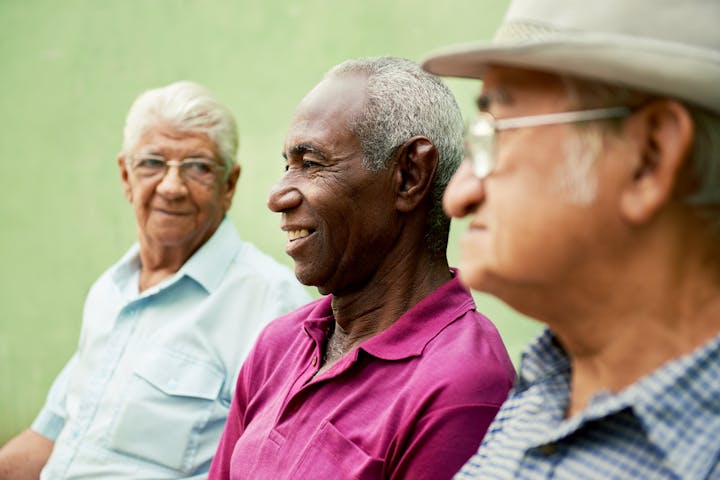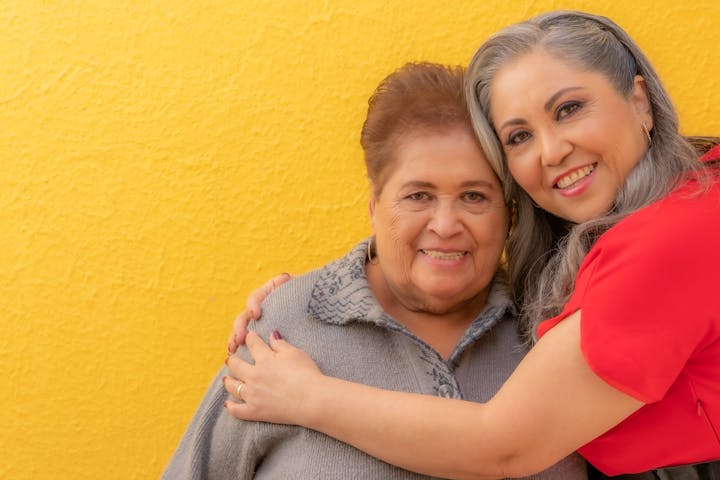Protecting Elders Against Abuse
We all deserve to live joyfully, boldly, abundantly, independently, fearlessly — free from the fear of abuse and neglect.
Elder abuse can take many forms—emotional, physical, financial—and it often goes unreported. For older adults from LGBTQ+ or culturally and linguistically diverse backgrounds, the barriers to speaking up can be even greater. Cultural expectations, language differences, fear of discrimination, or past trauma can make it harder to recognize abuse or ask for help.
That’s why this year’s theme, Together We Thrive: Empowering All Voices Against Elder Abuse, is so important. It reminds us that prevention starts with inclusion—and that listening, learning, and acting with empathy can make a real difference.
During Elder Abuse Prevention Awareness Month and beyond, we’re committed to uplifting every voice and ensuring that all older adults—regardless of background, language, or identity—are treated with dignity, respect, and care.
Here are a few ways we can all help:
- Respect identity and relationships. Use the names and pronouns that older adults choose, and don’t assume all couples are heterosexual.
- Be culturally aware. Understand that in some cultures, family honor or caregiving expectations may prevent elders from speaking out.
- Watch for isolation. Older adults who are cut off from community or support networks may be more vulnerable to mistreatment.
- Use clear, accessible communication. Language barriers can prevent some seniors from accessing services or understanding their rights.
- Build trust. Ask about their life, listen closely, and connect them to resources that reflect their identity and values.
Explore resources, tips, and ways to take action to help aging adults—and the people who love them—learn more about elder abuse and, most importantly, how to spot and report it.



.jpg?ixlib=rb-1.1.0&or=0&w=720&h=720&fit=max&auto=format%2Ccompress&s=584045b87e695d9287fb3ece2eb7bcf0)





.jpg?ixlib=rb-1.1.0&or=0&w=720&h=720&fit=max&auto=format%2Ccompress&s=d8fb5f12224f4e1847b885c13ea1a481)